What Labor’s win means for aspiring home owners
The Labor party pulled off a landslide victory in the recent federal election. So, what does this mean from a housing perspective?
If you’re an aspiring homeowner, here are the key campaign promises that may impact your buying plans. Keep in mind the measures will now need approval from the new Parliament, so be sure to watch the outcome of the legislative process.
5% deposits for all first home buyers
Labor pledged to expand the existing First Home Guarantee, so that first-time buyers can purchase a home with a 5 per cent deposit from 2026, without copping lenders’ mortgage insurance (LMI).
Generally, buyers need a 20 per cent deposit in order to avoid LMI, which usually costs the average buyer $23,000. However, under the First Home Guarantee scheme, the government guarantees 15 per cent of the home loan, so borrowers don’t have to pay LMI.
Labor plans to remove caps on places and income, and said there would be higher purchase price limits. More than 150,000 first home buyers have reportedly already accessed the scheme.
To put it in perspective, under the scheme eligible Sydneysiders would be able to buy a $1.5 million home with a $75,000 deposit. Meanwhile, a first home buyer in Queensland could buy a $850,000 home with a $42,500 deposit.
100,000 homes for first home buyers
The Albanese Government also plans to put $10 billion towards building 100,000 homes exclusively for first home buyers.
The government said it would start construction in 2026-27, with owners able to move in from the following financial year.
Expansion of the Help to Buy scheme
Labor will boost its Help to Buy scheme, which passed the House of Representatives last year, by increasing income and property price caps.
Under the scheme, eligible home buyers can purchase a property with a deposit of as little as 2 per cent (without having to pay LMI), with the government contributing 30 to 40 per cent equity towards the purchase. So, for a $600,000 property, the deposit would be $12,000.
Prior to the election, Labor said it would lift the property price caps and income caps from $90,000 to $100,000 for individuals, and from $120,000 to $160,000 for joint applicants and single parents.
The Help to Buy scheme is expected to open for applications in 2025, with 40,000 spots available over four years.
As part of the rollout, some states and territories have already passed legislation relating to the Help to Buy scheme. To find out what’s available in your area, get in touch and we’ll look into it for you.
Foreign investors banned
From 1 April 2025, Labor introduced a 2-year ban on foreign residents buying existing properties.
The measure is intended to address housing affordability issues and prioritise housing for Australian residents.
Prefabricated homes a priority
Labor will deliver a $54 million targeted investment in advanced manufacturing of prefabricated and modular home construction and provide $120 million from the National Productivity Fund to incentivise states to remove red tape and help more homes be built faster.
Through the Housing Australia Future Fund and other programs, Labor aims to deliver 55,000 social and affordable homes (28,000 of these homes are in planning and construction).
Cost of living measures
Cost-of-living measures included new tax cuts, more energy bill relief, and initiatives to cut the cost of medicines and student debt.
Looking to buy a property?
If you’d like to explore how the government’s housing measures may help you get a leg up on the property ladder, we’re here to help.



